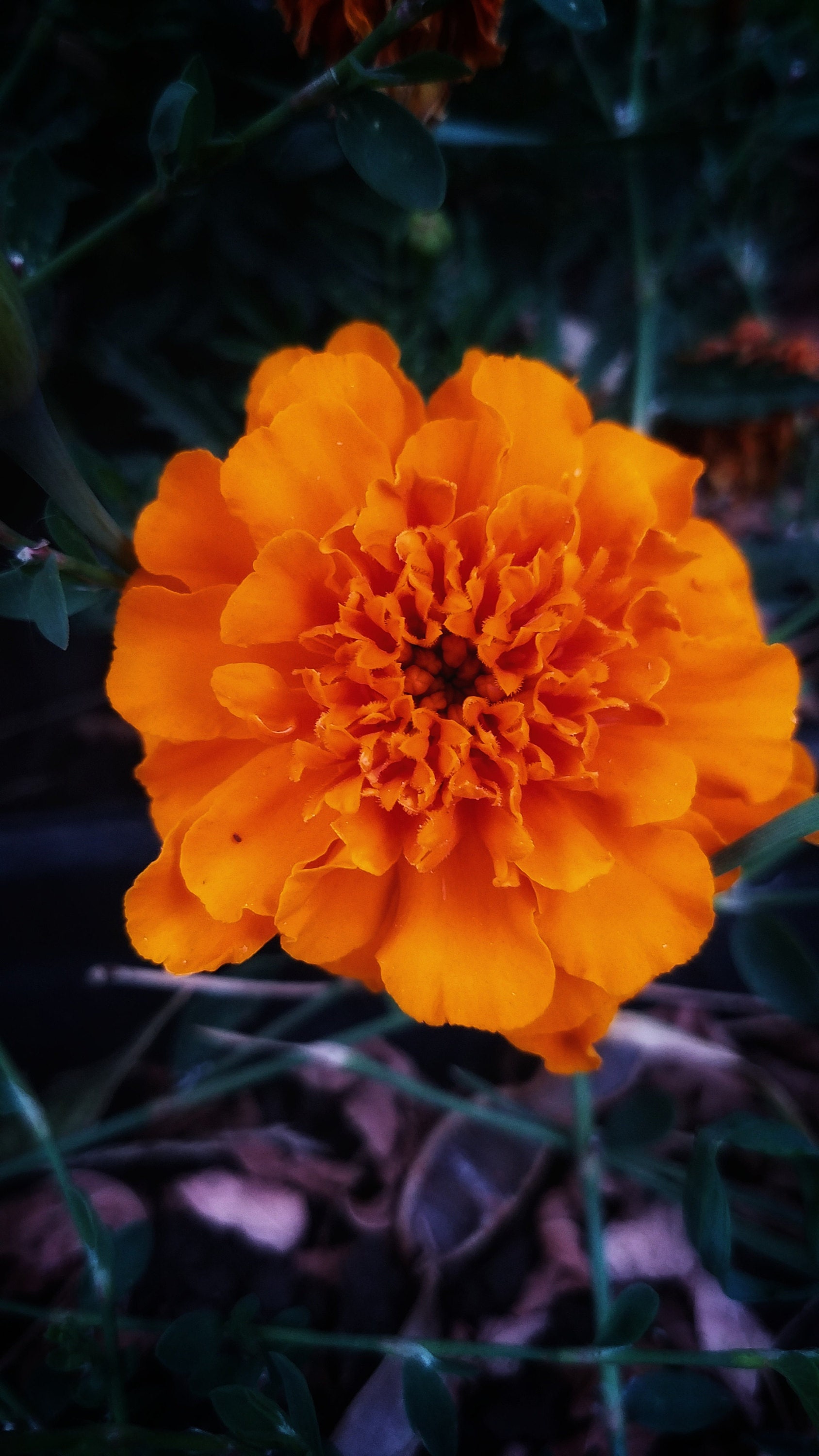We grow our herbs with no chemical pesticides! Say hello to our marigolds👋 These beauties get planted to deter pests from munching on our goods! How? Check out the science behind it⬇️
Marigolds are a welcomed addition to any garden, but their ability to repel pests and bugs is definitely one of their selling points. Marigolds require very little care once planted & have been used in the garden as a successful pest repellent for centuries. Marigolds are often used as companion plants in gardens because of their reputation for deterring certain garden pests.
The smell of the marigold flower is quite pungent. It is believed that the strong smell often confuses flying insects, which aids in repelling pests, and seems to mask the scent of the vegetables, keeping pests them from nibbling at your goods.
Marigold roots release a substance called alpha-terthienyl. This chemical damages and repels nematodes, which eat and destroy roots.
Just like a number of other members of the daisy family, marigolds are also great at producing plenty of nectar to feed insects such as the syrphid flies, which are natural predators of aphids as well as other types of insects that harm plants in a garden.
Another way that marigolds can benefit a garden includes their ability to repel cabbage worms; not only from cabbage crops but also from other members of their family. Marigolds, particularly the strain named Stinking Roger, are able to keep flies and mosquitoes away, making marigolds as a mosquito repellent an easy choice for gardeners, too.
There have even been studies that showed that some kinds of marigolds, like African marigolds, are able to even kill weeds like bindweed and ground ivy.
Fortunately, marigolds live up to their reputation and can make a valuable addition to any garden that you want to shine with color and keep as healthy as possible.

